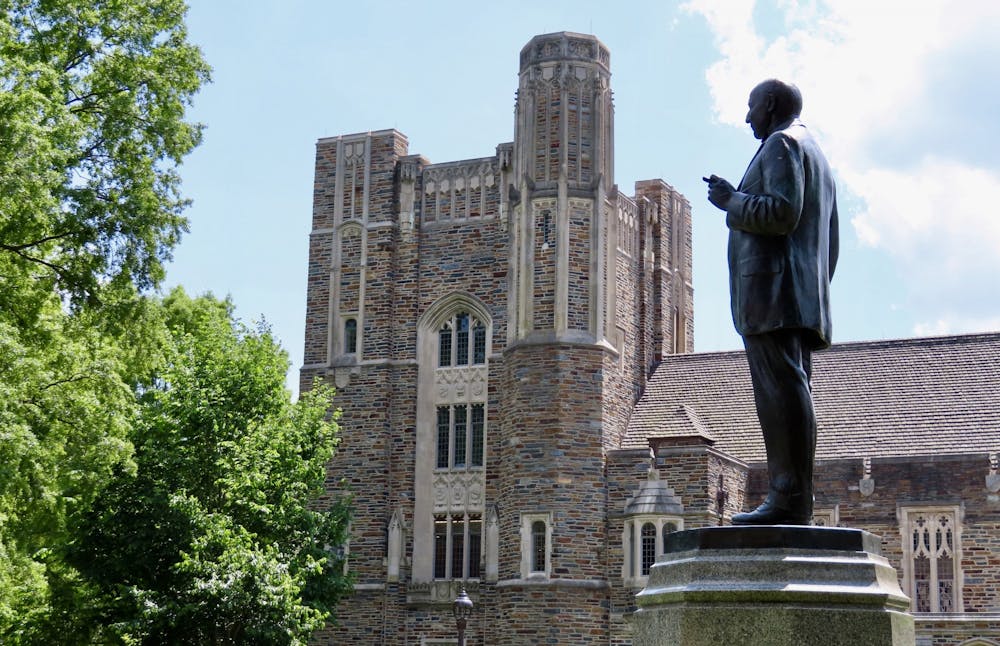Last spring, we published a column exploring wealth inequality in the college application process after the FBI revealed a conspiracy between top universities and wealthy parents, who were essentially paying for their children's admissions.
We later wrote a column on an alleged “no-poaching” agreement between UNC and Duke, reflecting on this same inequality in higher education. The resulting lawsuit showed that the two elite, R1 universities colluded to minimize economic opportunities for their faculty members.
And this week, Duke is once again in the news with other elite universities for illegally conspiring to eliminate competitive financial aid offers to students.
The lawsuit claims that, over the past two decades, the collective universities overcharged 170,000 students who were eligible for financial aid, totaling over millions of dollars.
Under federal antitrust laws, these schools are permitted an exemption from these laws if they complete admissions without considering a student's financial need.
This exemption allows need-blind universities to subvert antitrust regulation and conspire with their competitors.
But the lawsuit says nine of the universities, including Duke, have not operated as need-blind, and alleges members of these universities have crafted the “Consensus Approach,” which is “a set of common standards for determining the family’s ability to pay for college.”
The process of awarding special treatment to children of wealthy donors hurt the admissions chances for students needing financial aid, the lawsuit said.
This divide is empirically evident at the universities named in the suit: more Duke students come from the top one percent of incomes than from the entire bottom 60 percent. It's been suggested that Duke enrolled thousands of privileged but under-qualified applicants with no prior ties to the University in the expectation of parental payback.




